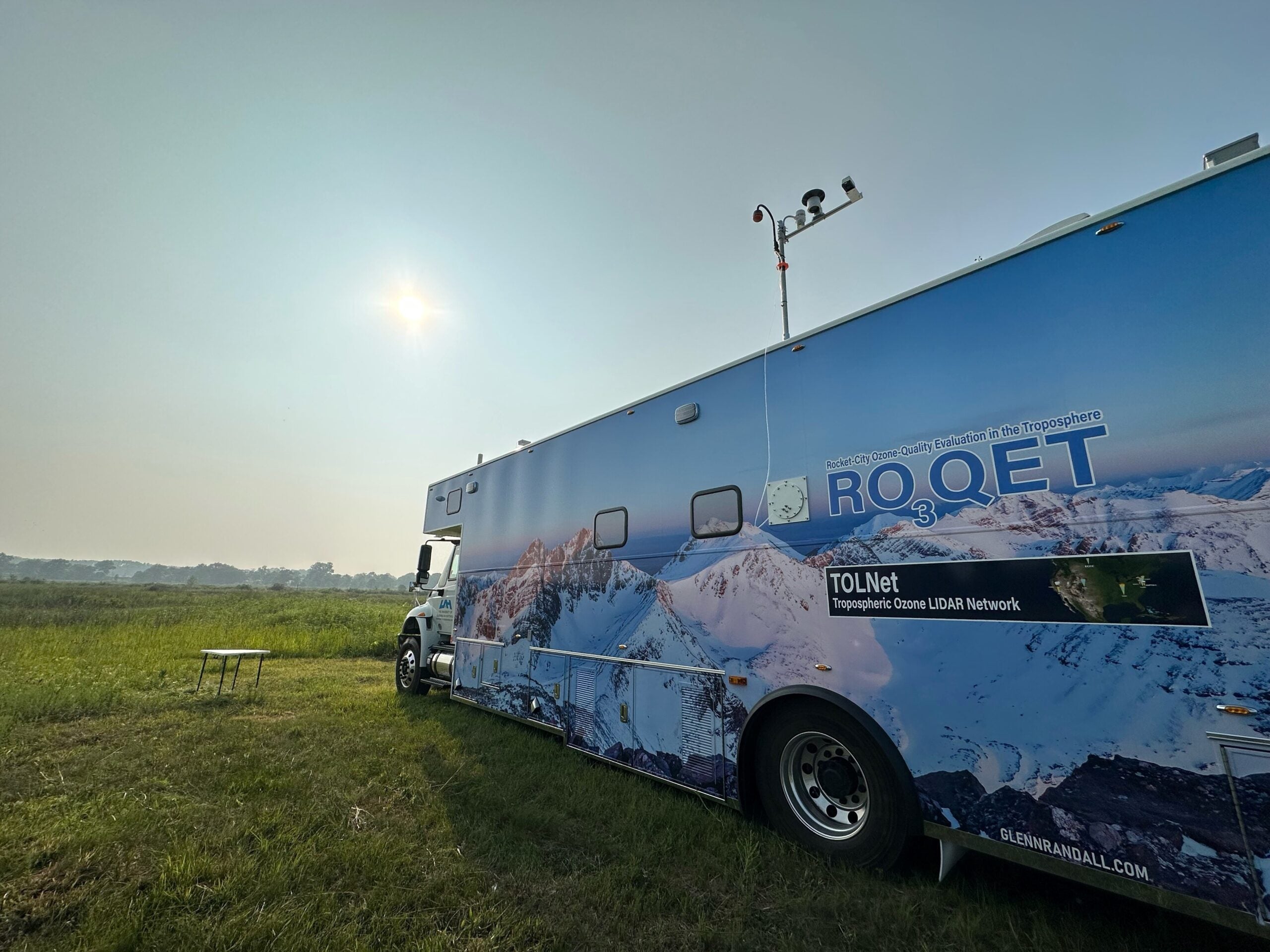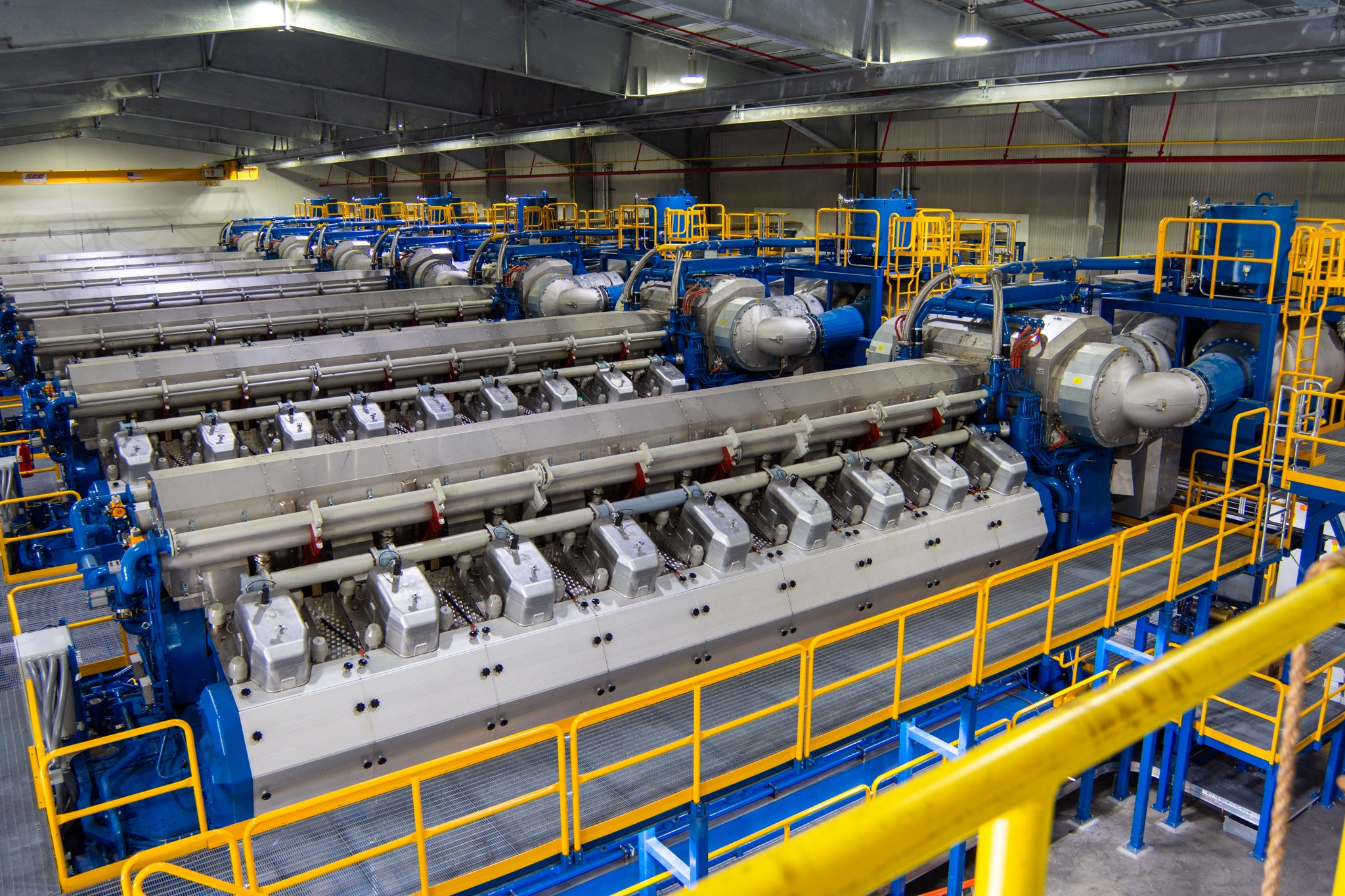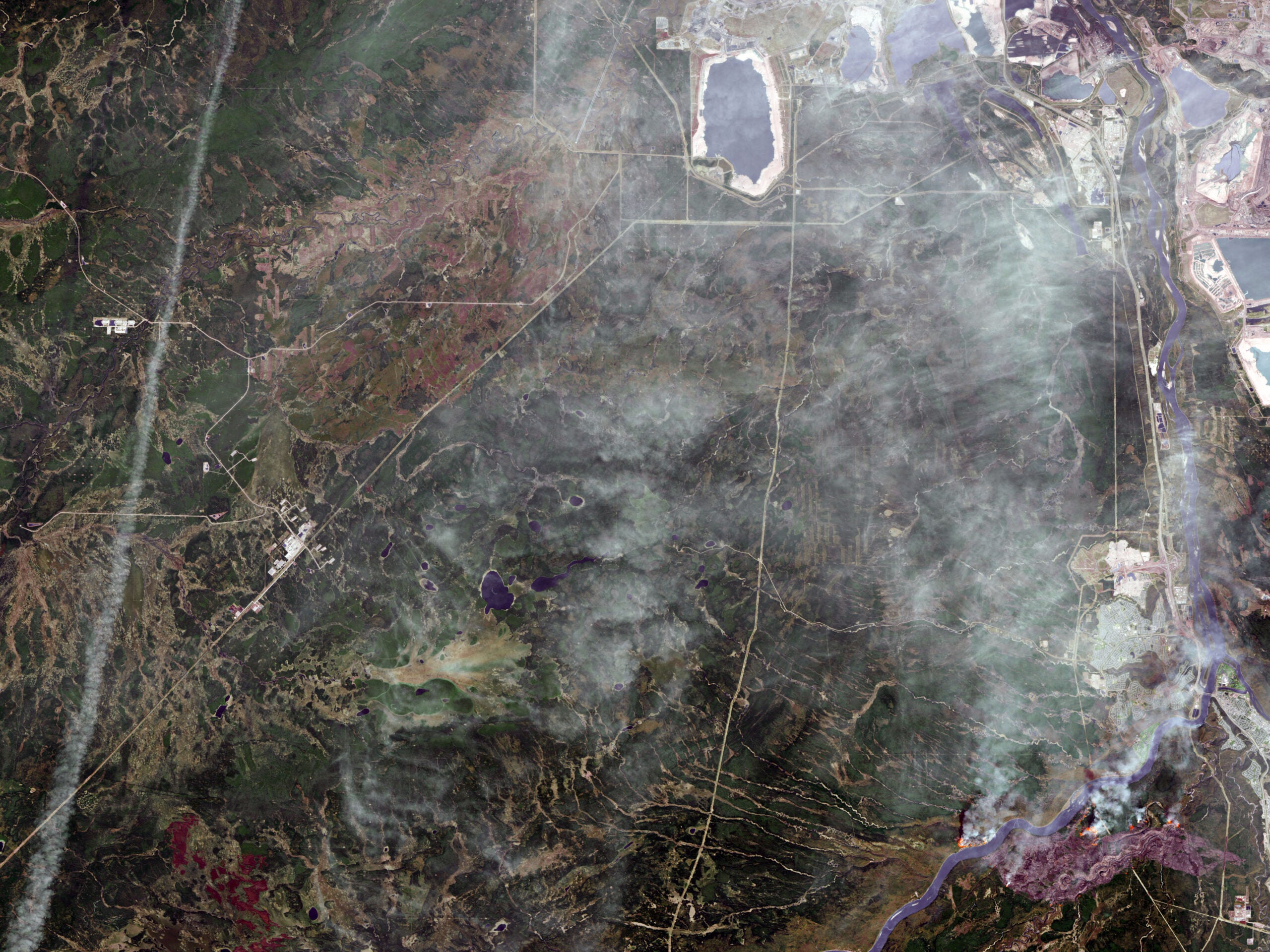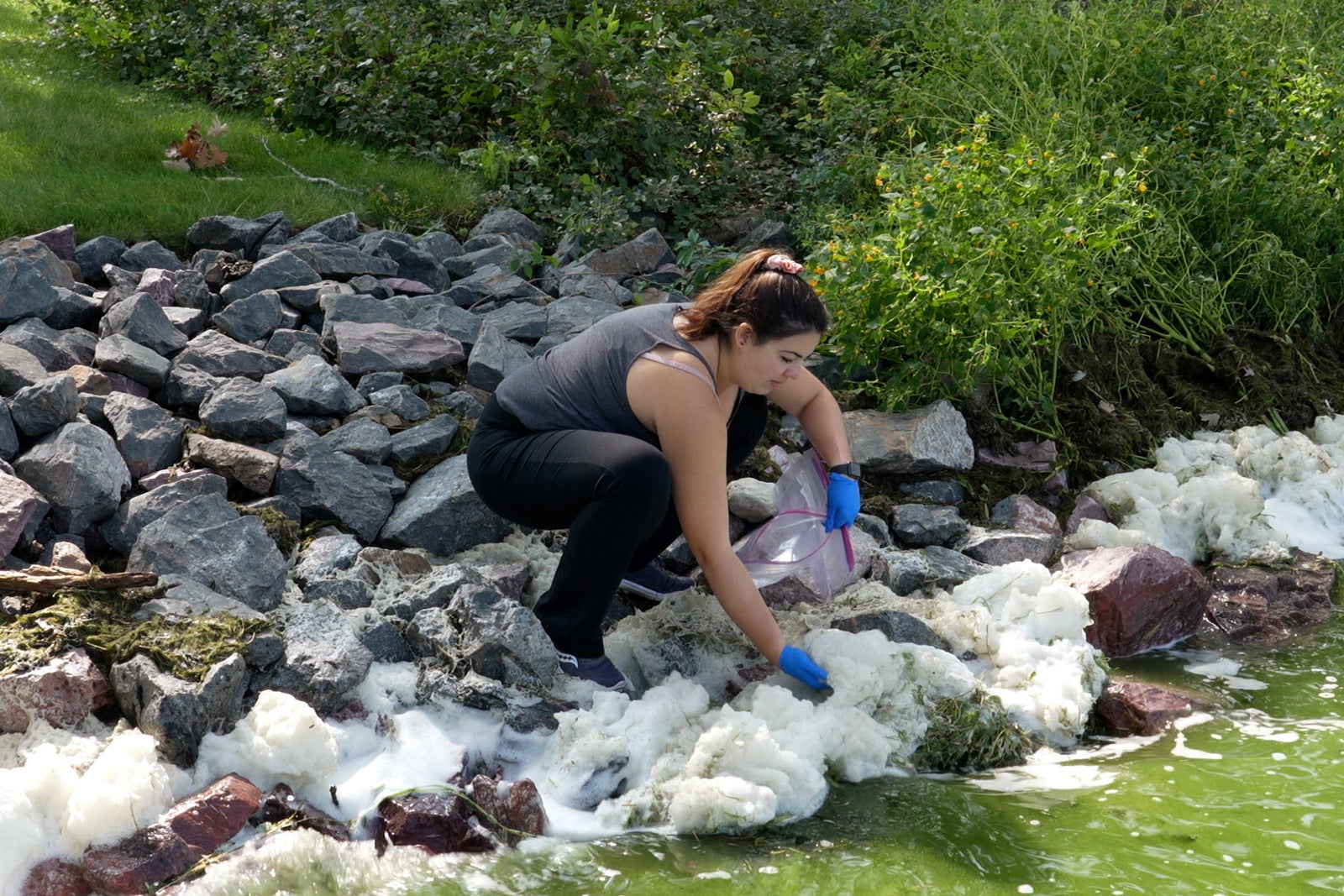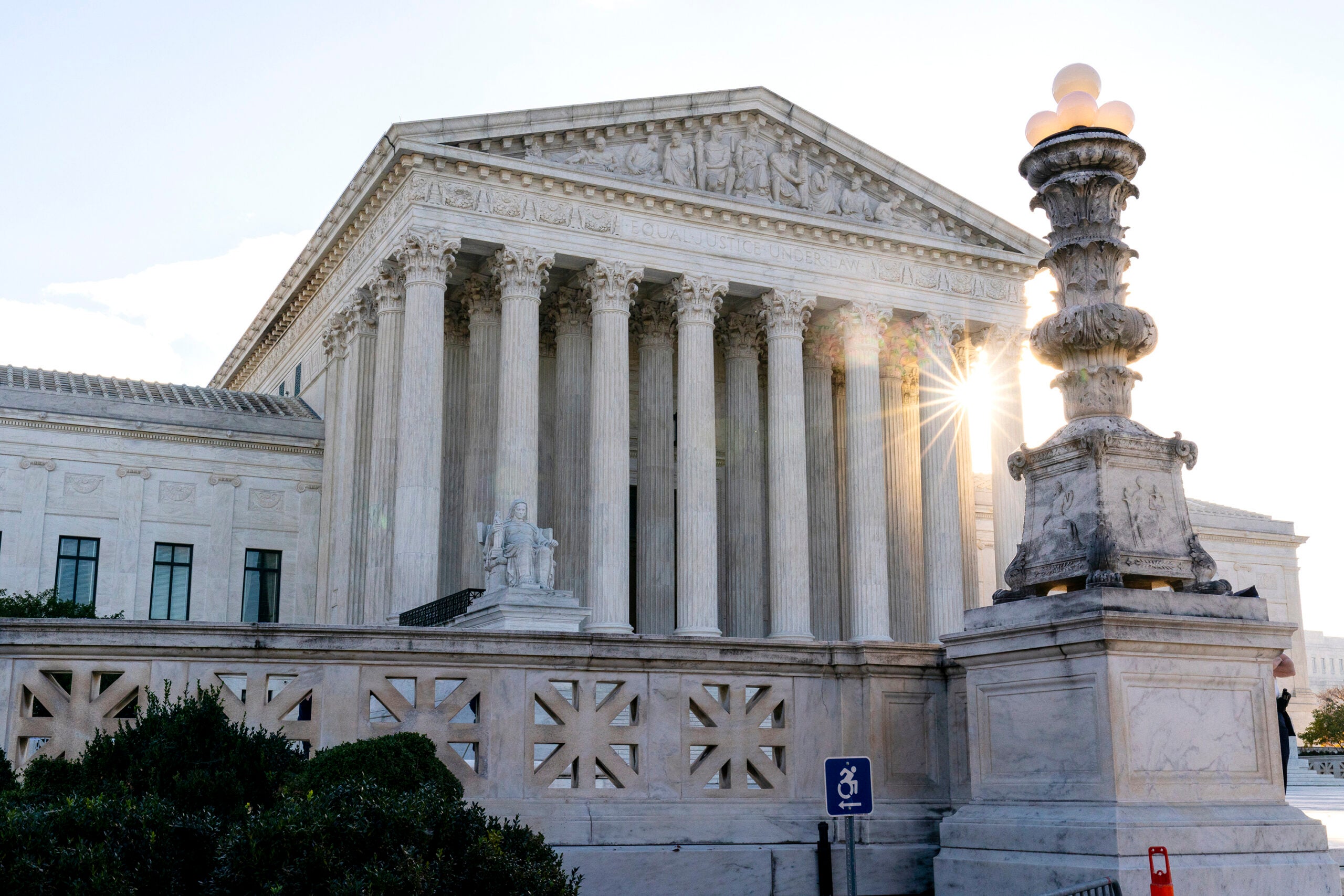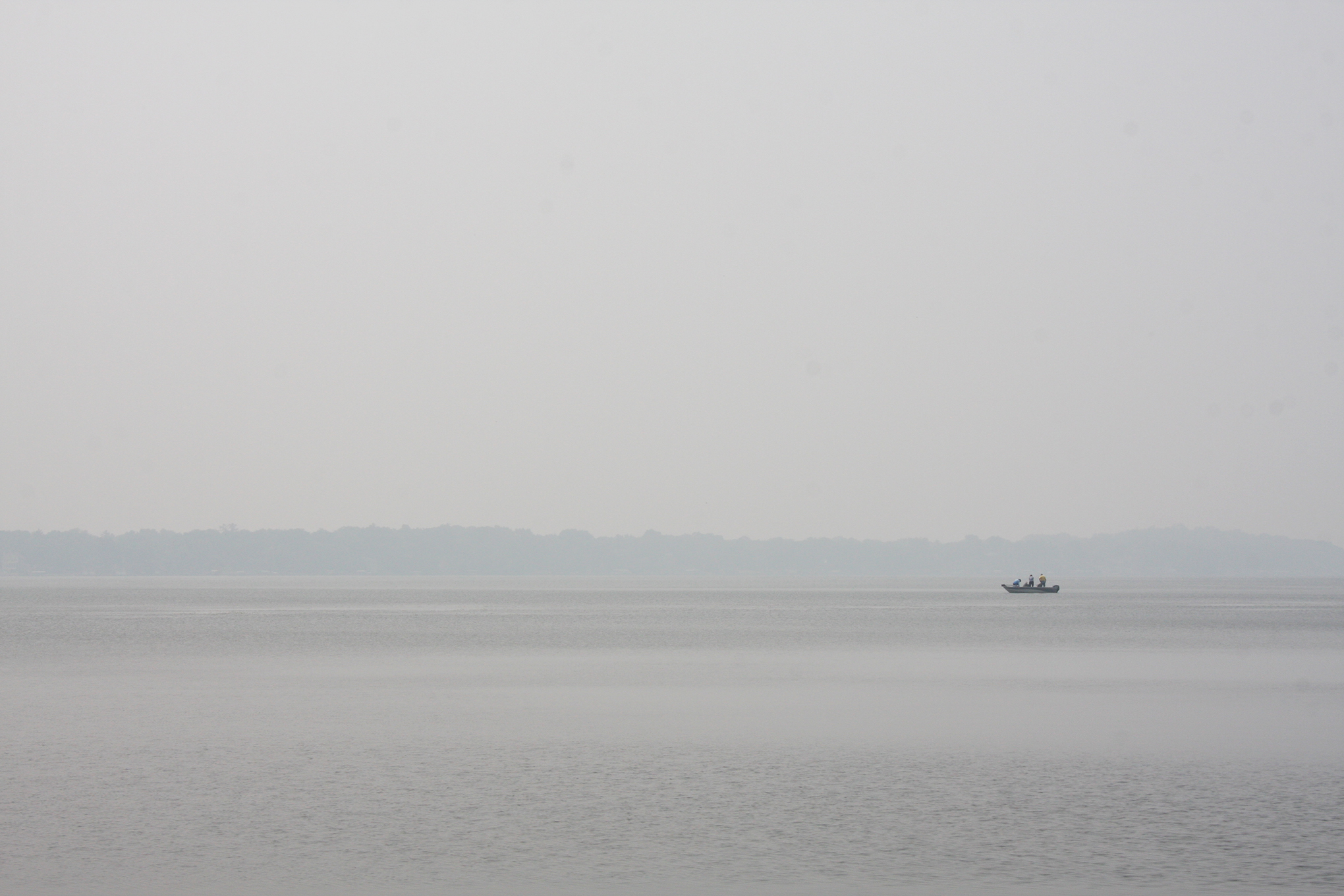With the goal of better tracing harmful pollutants, a team of researchers is collecting air samples this month in Kenosha County to measure ground-level ozone.
High in the atmosphere, ozone protects people from solar radiation. But near the ground, ozone can cause respiratory problems.
Todd McKinney, a graduate student at the University of Alabama in Huntsville, is part of the team studying ozone in Kenosha County. He recently appeared on Wisconsin Public Radio’s “The Morning Show” to discuss the project.
Stay informed on the latest news
Sign up for WPR’s email newsletter.
“The biggest goal, at least for the public side, is awareness,” McKinney said. “How can we better prepare?”

On one day in July, McKinney said, the research team measured the nation’s highest levels of exceeding air quality standards set by the Environmental Protection Agency. Areas of Wisconsin’s Lake Michigan shoreline are known to seasonally experience elevated ground-level ozone, according to state authorities.
However, identifying the precise cause of higher ozone concentrations can be tricky, McKinney said. A variety of sources such as wildfires, vehicle emissions, factories and power plants might contribute to ground-level ozone forming with hot, sunny weather.
READ MORE: Wisconsin under another air quality advisory from Canadian wildfire smoke
One source under continuing study is “the Chicago plume,” or air pollution from Illinois that sits over Lake Michigan and blows onshore in Wisconsin. If researchers can pinpoint specific sources in Illinois, that information could help guide regulation or public health warnings.
“Who is the main polluter? You can’t punish a whole city or a whole group of people sitting in their car for work,” McKinney said.
The research team expects to complete its work in Wisconsin on Aug. 19. Funding for the project comes from the University of Alabama in Huntsville, NASA, the National Oceanic and Atmospheric Administration, and the Electric Power Research Institute.
Wisconsin Public Radio, © Copyright 2025, Board of Regents of the University of Wisconsin System and Wisconsin Educational Communications Board.

